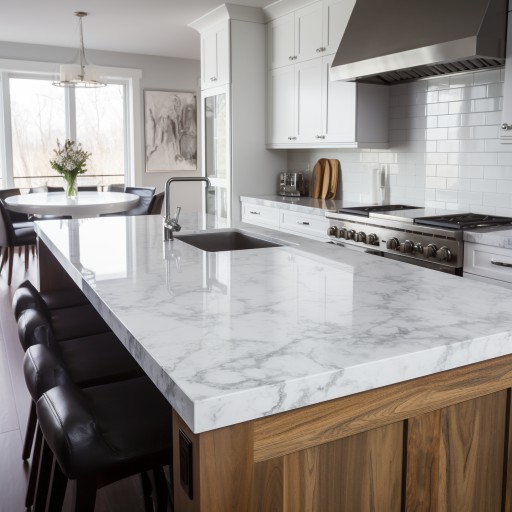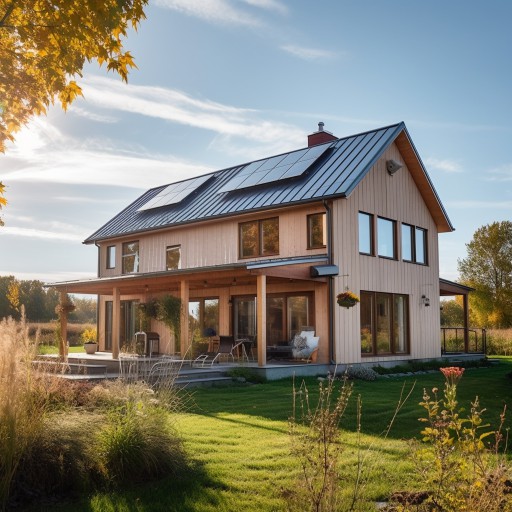How to Pay for Solar: Exploring Financing Options

co-founder
- Financing Options for Solar Power
- Tips for Finding a Reputable Solar Provider
- Compare Multiple Quotes
- Selling Your Home While Still Paying Off Solar
Investing in solar power is an excellent way to reduce your energy bills, increase your property value, and contribute to a cleaner environment. However, the upfront costs of solar panel installation can be a significant barrier for many homeowners who are doing eco-friendly remodels. I've been going through the process myself of figuring out whether or not solar is right for our home, and wanted to share what I've learned with you.
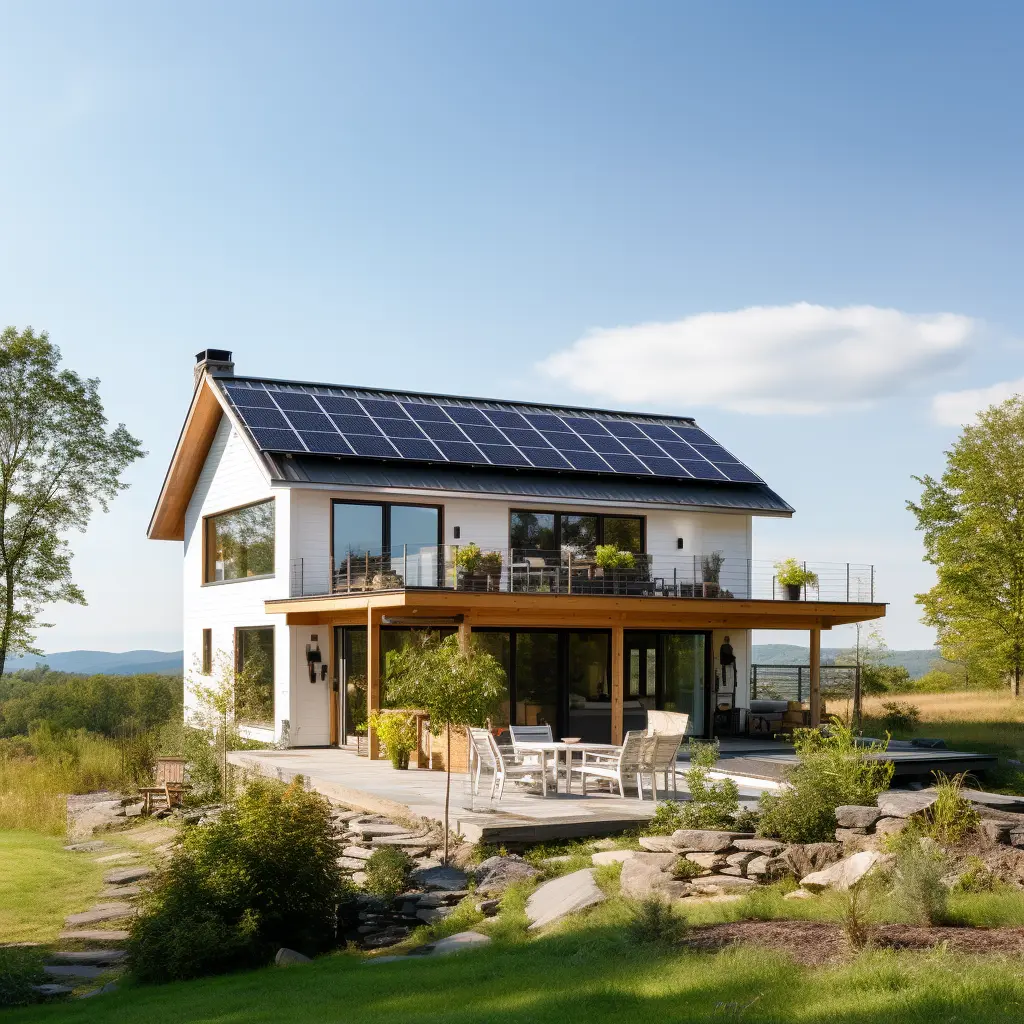
Financing Options for Solar Power
One of the biggest barriers for me actually getting solar is deciding how to pay for it. Is it better to lease or to buy? If I buy, do I take out a loan or buy it outright? Is now the right time to do this? What if the technology gets better? The incentives are not complicated, but when you add all of these things together, it's caused me to wait because there's just a little too much friction.
Solar Loans
Solar loans are a popular financing option for homeowners looking to install solar panels. These loans can be secured or unsecured, with repayment terms typically ranging from 5 to 20 years. Solar loans allow homeowners to spread the cost of solar installation over time, making the investment more manageable. You'll want to shop around and compare interest rates, terms, and fees from different lenders to find the best solar loan for your needs.
Some of the loans are zero down and there are good calculators out there to help you figure out what to do here. Project Sunroof informs a bunch of these calculators and has a ton of great information for you.
Solar Leases
Solar leases offer an alternative to purchasing a solar power system outright. With a solar lease, you essentially rent the solar panels from a solar provider for a fixed monthly fee. The solar company is responsible for installation, maintenance, and repairs, while you benefit from the electricity generated by the system. Solar leases typically last for 20-25 years, after which you can choose to renew the lease, purchase the system, or have it removed. You won't qualify for most subsidies and tax breaks since you're really only renting the equipment, but the 20 year savings can still be worthwhile.
When you sell your home with a solar lease, the process can be a bit more involved than selling a house without a leased solar system. However, it's not too complicated if you understand the steps and work closely with the solar company and potential buyers. We'll talk more about that below.

Power Purchase Agreements (PPAs)
Similar to solar leases, Power Purchase Agreements (PPAs) involve a solar company installing and maintaining a solar power system on your property. Instead of paying a fixed monthly fee, you agree to purchase the electricity generated by the system at a predetermined rate. PPAs often have lower rates than traditional utility companies, allowing you to save on your energy bills.
Government Incentives and Tax Credits
Many federal and state governments offer incentives and tax credits to homeowners who invest in solar power. These programs can significantly reduce the initial costs of solar panel installation. The federal solar Investment Tax Credit (ITC) allows you to claim a percentage of your solar installation costs as a tax credit, while state-level incentives vary depending on your location. Be sure to research available incentives and tax credits in your area to maximize your savings. Again, Project Sunroof can help with a bunch of this.
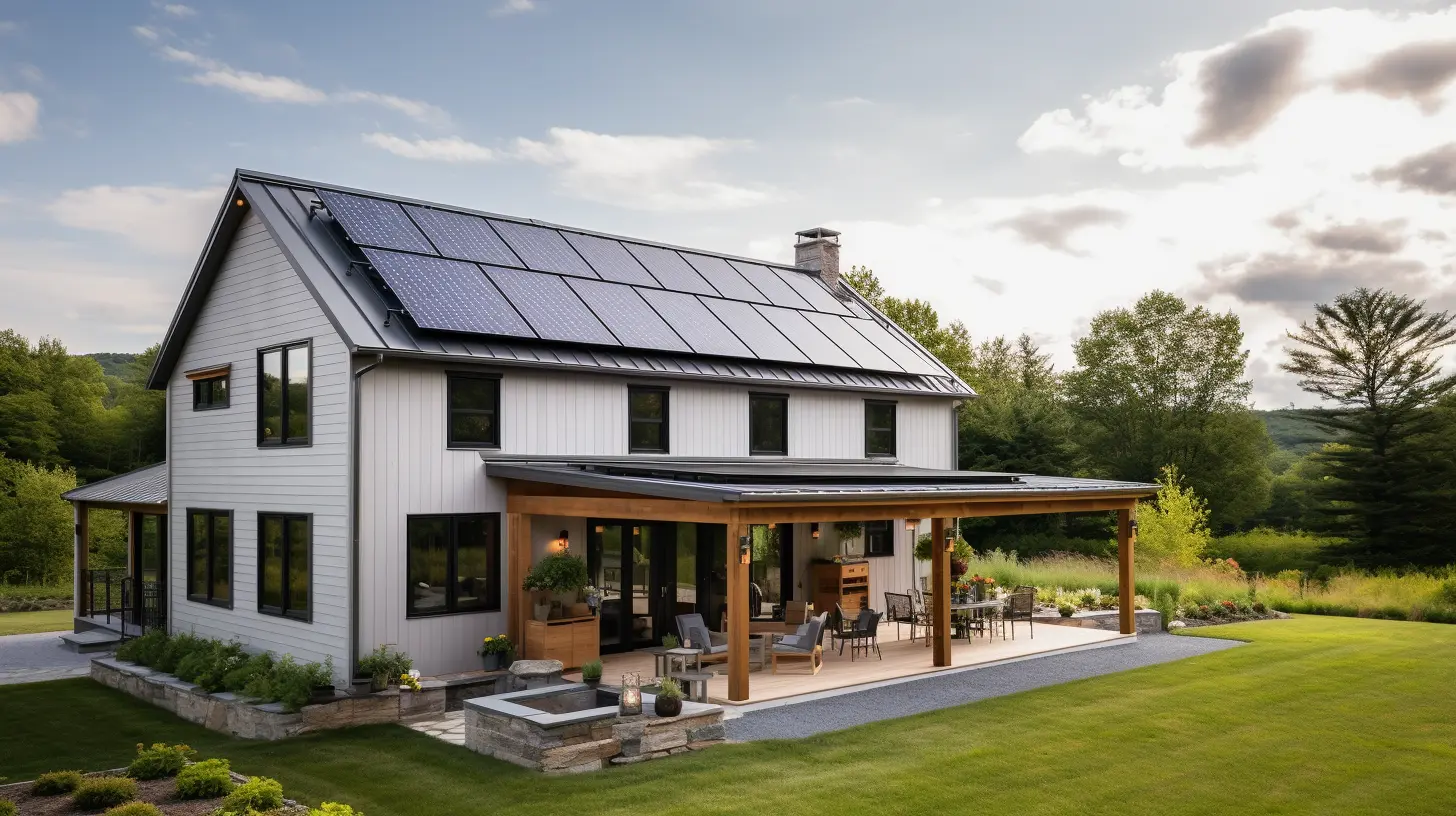
Tips for Finding a Reputable Solar Provider
Research and Reviews
Just like with hiring a contractor of any kind, start by conducting thorough research on potential solar providers in your area. Look for reviews from previous customers on websites like Google Reviews and Yelp, as well as testimonials on the company's website. This will give you a sense of the provider's reputation and the quality of their work.
Check for Licenses and Certifications
Ensure that the solar provider you choose is licensed and insured in your state. Additionally, look for certifications from organizations like the North American Board of Certified Energy Practitioners (NABCEP), which indicate that the provider has met specific industry standards for quality and professionalism.
Compare Multiple Quotes
Obtain quotes from multiple solar providers to compare prices, equipment, warranties, and other factors. This will help you find the best deal for your specific needs and budget. Don't be afraid to negotiate with providers to secure a more favorable deal.
Ask for References
Request references from potential solar providers, and take the time to contact these past clients. Ask about their experience working with the provider, the quality of the installation, and any issues or concerns that arose during the process. This will give you valuable insight into what you can expect when working with the provider.
Selling Your Home While Still Paying Off Solar
Transferring Solar Loans
If you decide to sell your home while still paying off a solar loan, you may have the option to transfer the loan to the new homeowner. This will depend on the terms and conditions of your solar loan agreement. Be sure to discuss the possibility of loan transfer with your lender and include this information in your home's sales listing to ensure transparency with potential buyers.
Transferring Solar Leases and PPAs
In the case of solar leases and Power Purchase Agreements (PPAs), you can typically transfer the lease or PPA to the new homeowner, subject to the solar provider's approval. This process usually involves a credit check for the new homeowner and may require the new owner to sign a new agreement. Ensure that the lease or PPA transfer terms are clear in your home's sales listing and discuss the process with potential buyers early in the sale process.
Buying Out Solar Leases and PPAs
If the new homeowner is not interested in taking over the solar lease or PPA, you may have the option to buy out the remaining contract before selling your home. This could involve paying a lump sum to the solar provider, which may be negotiated into the home's sale price. Be sure to discuss buyout options with your solar provider and consult with a real estate professional to determine the best course of action.
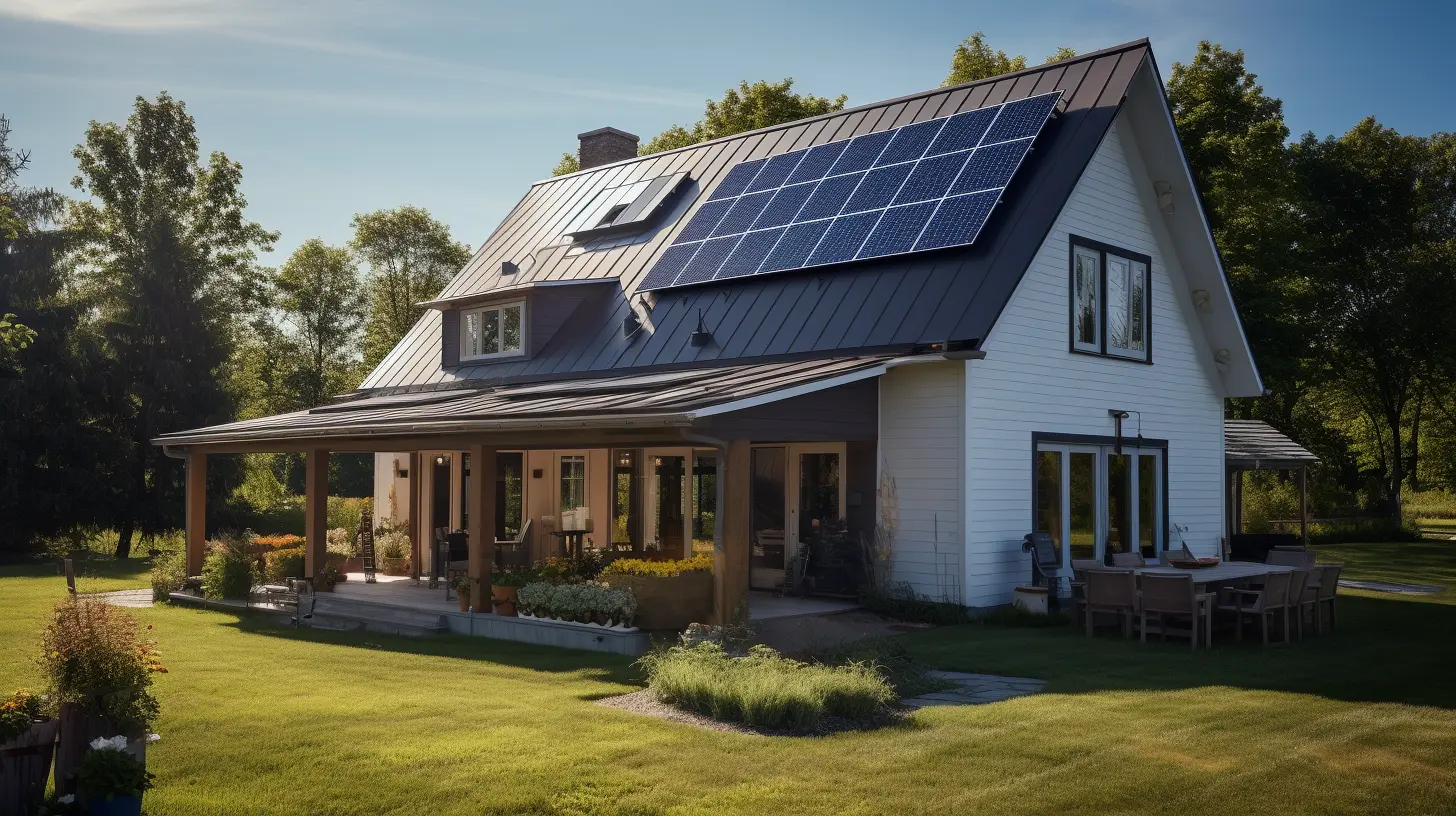
Preparing for a Smooth Transition
Regardless of which financing option you choose for your solar power system, it's essential to plan for a smooth transition if you decide to sell your home. Communicate openly with potential buyers about your solar system, its financing, and the steps involved in the transfer process. Providing detailed information and addressing any concerns can help prevent potential roadblocks during the home sale process and ensure a successful transfer of the solar power system to the new homeowner.
Investing in solar power can be a wise decision for many homeowners, providing long-term energy savings and environmental benefits. By understanding the various financing options available, finding a reputable solar provider, and preparing for the possibility of selling your home while still paying off your solar system, you can make the most of your investment in solar energy. As solar technology continues to advance and become more affordable, now is an excellent time to consider making the switch to clean, renewable energy for your home. For our family, we've started to set aside some money to go into our "solar installation fund" and will be pulling the trigger in the not too distant future.
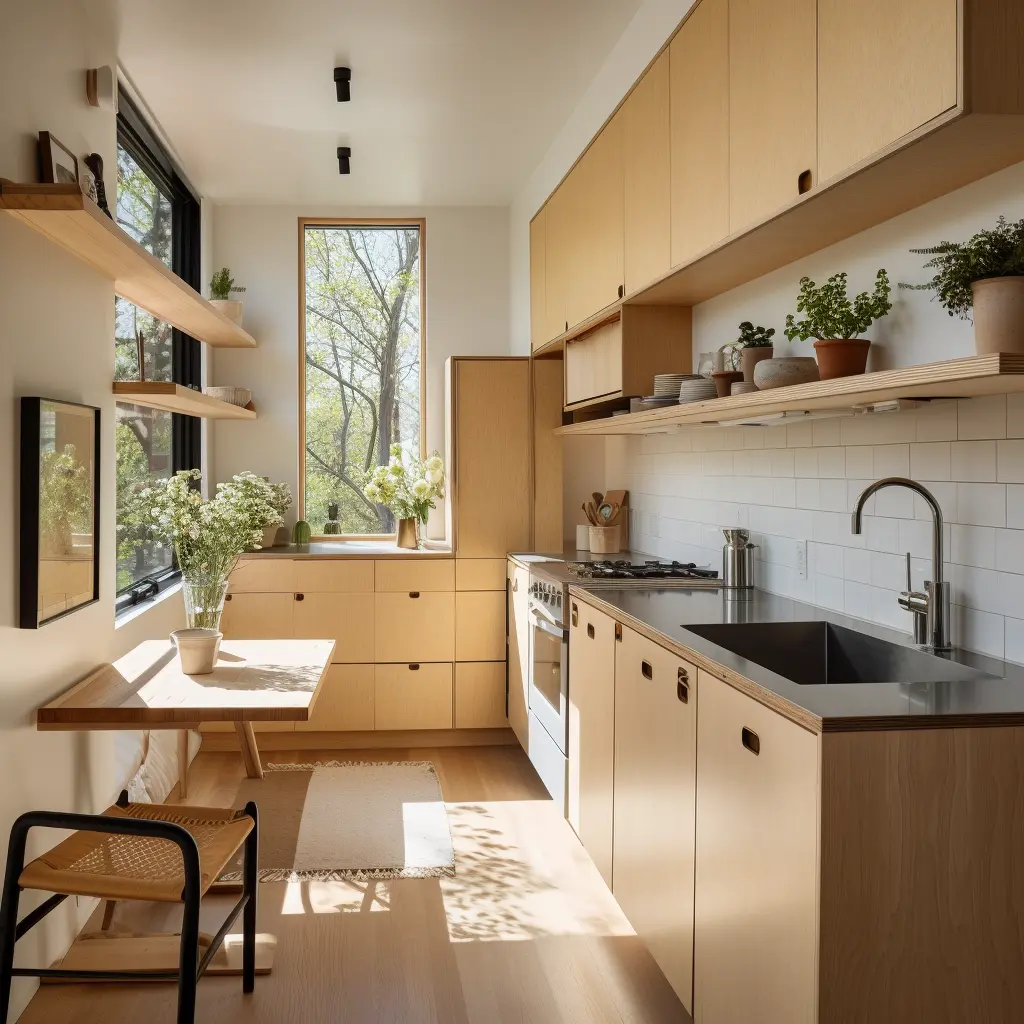
Renovate with EcoHome
EcoHome empowers homeowners to confidently build healthy and comfortable homes for a fair price.
Sign UpLocations View All →
NY
- Albany
- Binghamton
- Buffalo
- Esopus
- Freeport
- Hempstead
- Highland
- Kingston
- Long Beach
- Marlboro
- Mount Vernon
- New Paltz
- New Rochelle
- New York City
- Niagara Falls
- North Tonawanda
- Olivebridge
- Plattekill
- Rochester
- Rome
- Saugerties
- Schenectady
- Shandaken
- Syracuse
- Troy
- Utica
- Valley Stream
- Wallkill
- Woodstock
- Yonkers
NJ
- Bayonne
- Brick
- Camden
- Cherry Hill
- Clifton
- East Orange
- Edison
- Elizabeth
- Jersey City
- Lakewood
- Middletown
- Newark
- Old Bridge
- Passaic
- Paterson
- Toms River
- Trenton
- Union City
- Woodbridge
CT
PA
- Allentown
- Altoona
- Bethel Park
- Bethlehem
- Chester
- Easton
- Harrisburg
- Hazleton
- Lancaster
- Lebanon
- Monroeville
- Philadelphia
- Pittsburgh
- Reading
- Scranton
- Wayne
- Wilkes Barre
MD
- Abingdon
- Baltimore
- Bethesda
- Bowie
- Columbia
- Dundalk
- Ellicott City
- Frederick
- Gaithersburg
- Germantown
- Glen Burnie
- Potomac
- Rockville
- Severn
- Silver Spring
- Towson
- Waldorf

